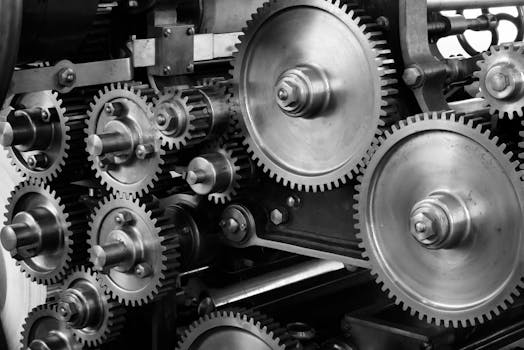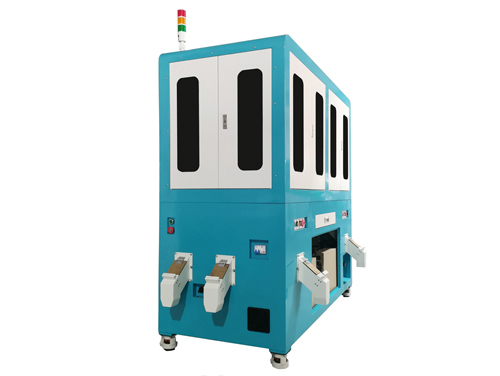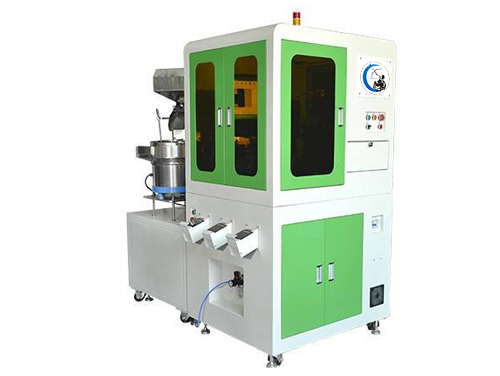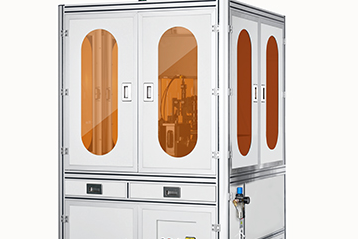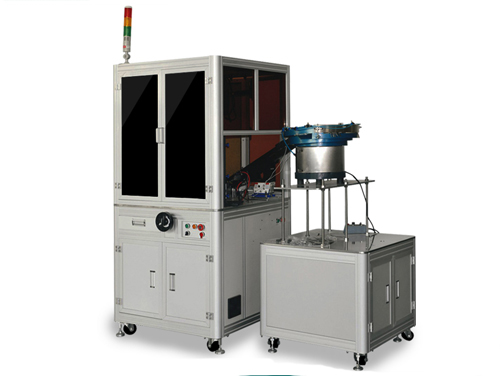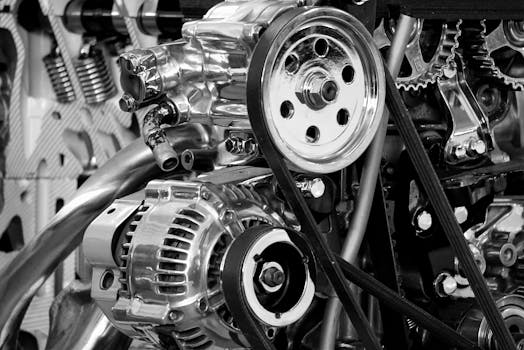
How Does a Sealing Ring Defect Detection Machine Work?
2025-10-21
In our last post, we talked about why automatic defect detection is so important for sealing rings. Now let’s go one step further — how does a sealing ring defect detection machine actually work?
You don’t have to be an engineer to understand it. Let’s break it down in a simple way.
Step 1: Feeding and Sorting
The first step is automatic feeding. The machine picks up sealing rings from a conveyor or hopper and arranges them neatly for inspection. This ensures that every piece goes through the same detection process.
Step 2: Image Capture by CCD Cameras
Next comes the most crucial part — image capture. High-resolution CCD cameras take multiple photos of each ring’s surface from different angles. These images are analyzed instantly by the machine’s AI algorithm.
If there’s even a tiny scratch, uneven edge, or air bubble, the system flags it immediately.
Step 3: AI Defect Analysis
The built-in software compares the image with a “perfect” standard sample. Through machine learning, it recognizes whether a defect is critical or acceptable. This helps factories reduce false alarms while maintaining high-quality standards.
Step 4: Sorting Good and Bad Products
Once the analysis is done, the machine automatically separates good rings from defective ones. This whole process takes just milliseconds — way faster than manual inspection.
Why This Technology Matters
A Sealing Ring Defect Detection Machine not only improves accuracy but also enhances productivity.
For manufacturers producing thousands of sealing rings per day, this means more efficiency, fewer rejections, and better brand reputation.
It’s amazing how much technology has evolved. What once took hours of human labor can now be done in seconds — with precision and consistency. So next time you see a sealing ring doing its job silently, remember that it probably passed through a smart detection system before reaching you.

